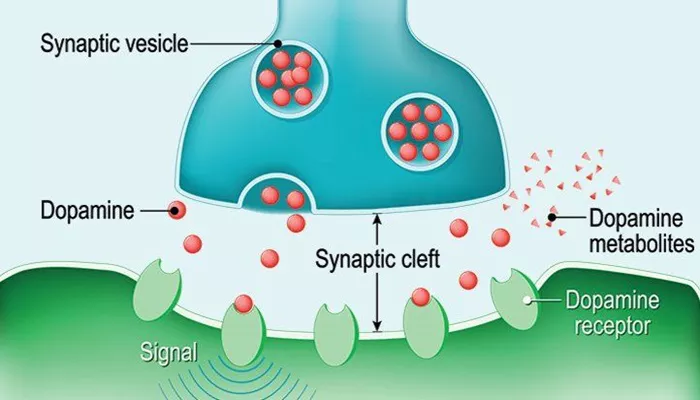A recent study published in Nature Communications has shed light on the role of rare gene variants in increasing the risk of coronary artery disease (CAD) among individuals of European ancestry. The research utilized whole genome sequencing to explore how these genetic variants contribute to CAD heritability.
The study analyzed data from the TOPMed Freeze 9 dataset, which includes over 160,000 samples and around 800 million single nucleotide variants (SNVs). Only those variants with a minimum of 10 reads were considered for the analysis.
Researchers identified CAD cases through documented medical interventions such as angioplasty or bypass surgery, as well as instances of myocardial infarction (MI) or death from coronary heart disease. Control subjects were individuals without any history of angina, CAD, or related fatalities.
To ensure accuracy, the study excluded related individuals and applied strict quality control measures to all samples. A principal component analysis was conducted to assess genetic ancestry, focusing on 22,443 individuals of European descent and over 28 million autosomal SNVs.
The heritability of CAD was estimated using a method called genome-based restricted maximum likelihood with linkage disequilibrium and minor allele frequency stratification (GREML-LDMS), implemented through the genome-wide complex trait analysis (GCTA) software.
Linkage disequilibrium scores for each SNV were calculated and categorized by their minor allele frequencies. This information was then used to create a genetic relatedness matrix for estimating heritability.
Further categorization of SNVs was based on evolutionary constraints, cell-specific regulatory functions, and their predicted impact on proteins. The study also annotated these variants according to their biological significance.
By comparing SNVs based on evolutionary constraints and their effects on proteins, researchers identified those variants that significantly contribute to CAD risk. The findings underscore the importance of ultra-rare genetic variants in CAD heritability, particularly in individuals of European ancestry. Variants that alter protein functions or are located in gene regulatory regions were found to have a notable impact on CAD risk.
The researchers emphasize the need for further studies to explore the influence of genetic variants on CAD risk across diverse populations and individuals with mixed ancestry.
Related topics:


